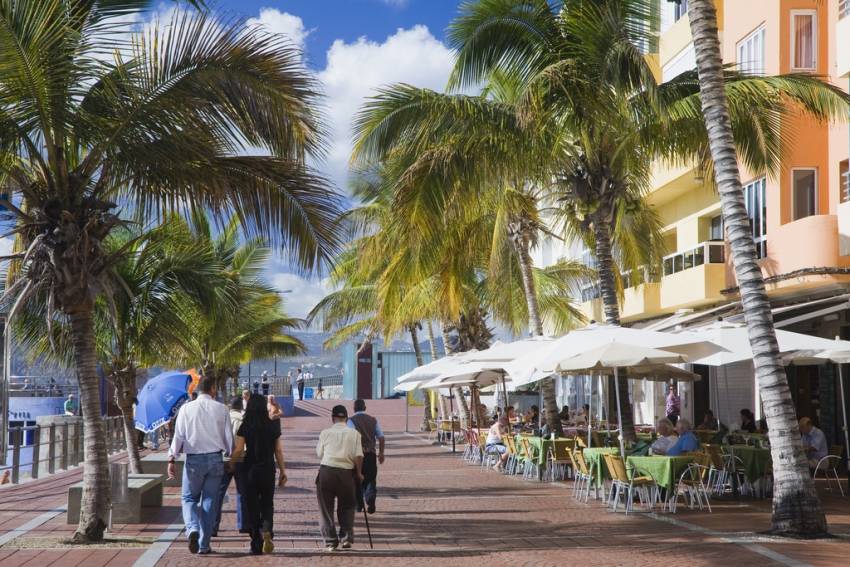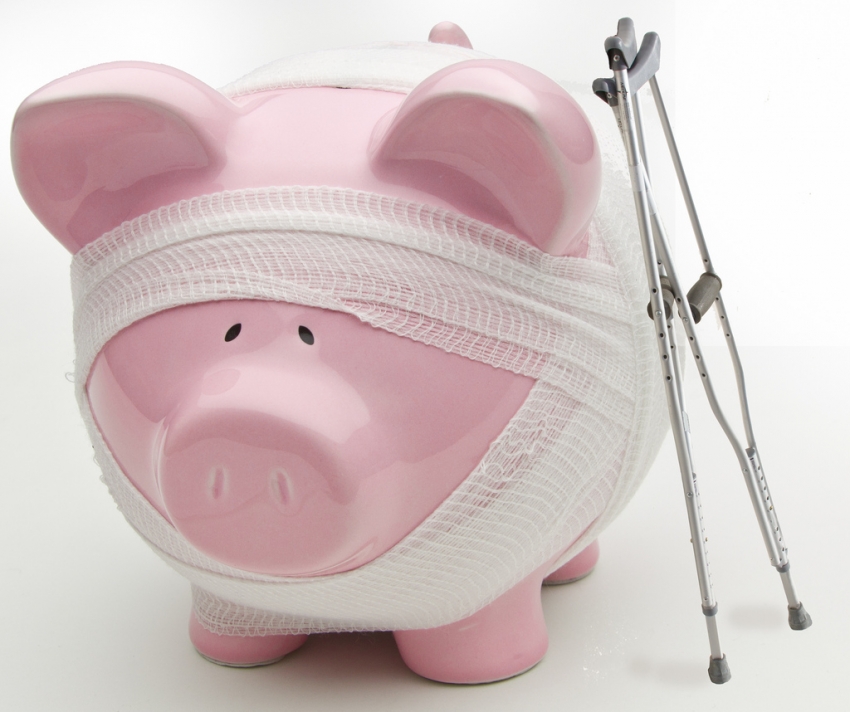-
Home

-
faq 1 test

- latino
Las Palmas de Gran Canaria: Europe's Latino City
A city destination with miles of golden sand, bars serving local rum, a raucous month-long carnival and Christopher Columbus' house. The legendary Habana perhaps, or Colombia's exotic Cartagena de Indias? You might be surprised to find out that this exotic destination is much closer to home. Las Palmas, Europe’s secret Latino city, is just four hours flight from Britain and Germany.
Las Palmas is one of the biggest cities in Spain, boasts the best city beach in Europe and still parties like it's 1999. Its old town district is on the short-list to become a World Heritage Site and its shops are among the cheapest in Europe. Las Palmas is 'the city with the best climate in the world' according to New York's Syracuse University. Average temperatures range between 20 degrees in the winter and 26 degrees in the summer. It receives six hours of sunshine every day during the winter, ten hours in the summer.
By rights Las Palmas should be overflowing with tourists but somehow it has slipped under the radar. Overshadowed by the huge, package-tourist resorts in the south of Gran Canaria, the city hardly caters to visitors. There are no rep-led pub crawls or time-share salesmen in Las Palmas.
In February, the annual carnival takes over the city for a whole month of parades, parties and concerts. No other European city can match Las Palmas' blend of Spanish and Latino culture. Sometimes, it is like a small chunk of Cuba floated across the ocean and nobody noticed.
Gran Canaria Info recommends:
- Default
- Title
- Date
- Random
Join the Gran Canaria Info newsletter list
Gran Canaria info recommends
-

Hassle-Free Gran Canaria Car Hire
-

Gran Canaria Shopping: Start At Fundgrube For Price & Quality
-

Casa Romantica: A Classic Gran Canaria Restaurant Reborn
-

Which Gran Canaria Airport Transfer Service Is The Best?
-

Off The Beaten Track With A Gran Canaria Buggy Trip
-

The Best Value Car Rental Service In Gran Canaria
- 1
Follow us on Facebook
Tip of the day
Latest articles
Who's Online
We have 3534 guests and no members online






